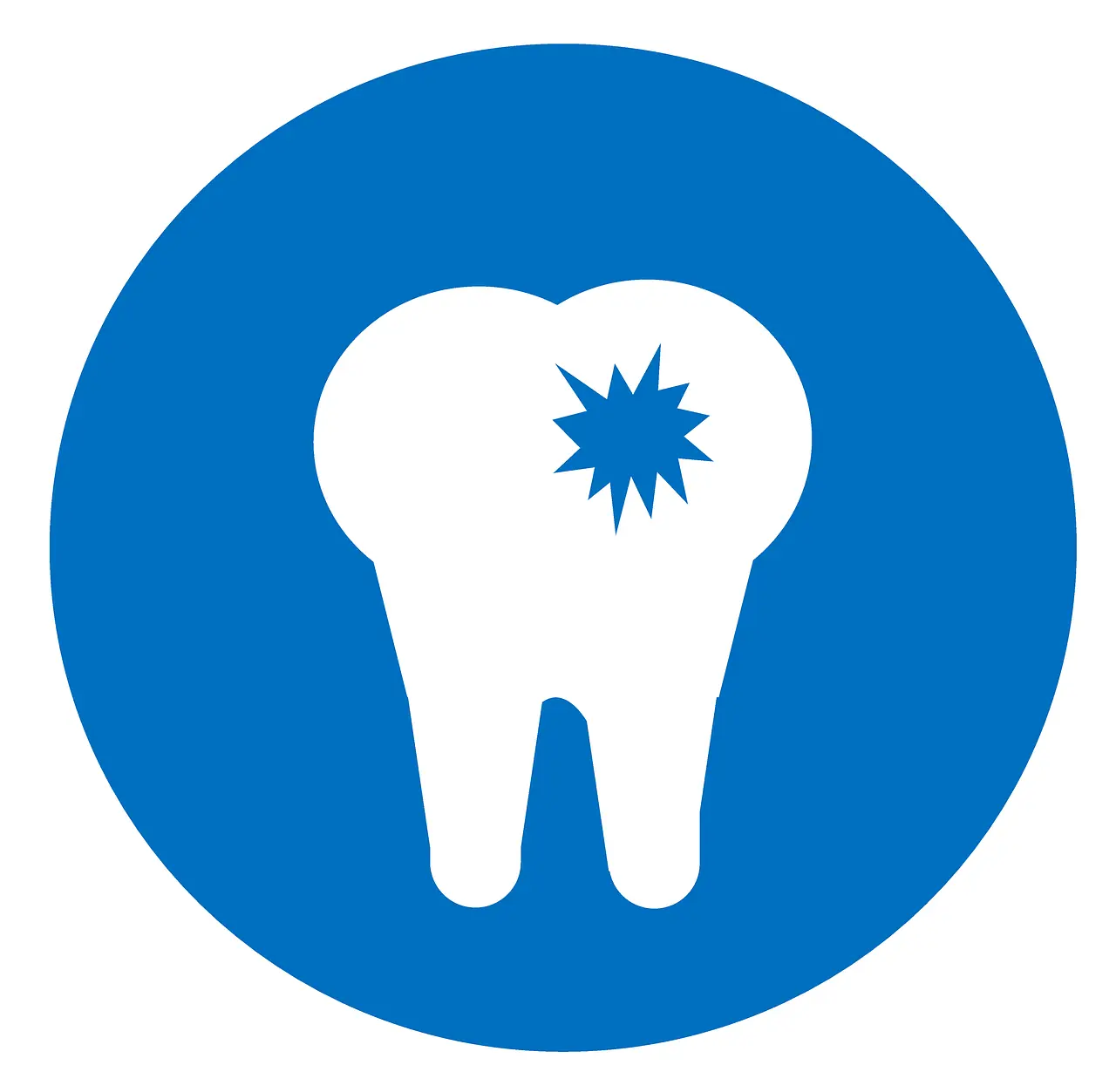Keeping your kid’s teeth healthy is an important part of their overall health, and understanding what a cavity (dental caries) is and how to prevent them can help protect your little one from dental diseases. This blog post will explain what causes cavities, how to fight cavities, and how to treat cavities.
Cavity Causers
Cavities develop when bacteria found in plaque accumulate on the teeth. Plaque contains acids that erode the protective outer layer of the teeth, called enamel. When this happens, holes or pits known as cavities begin to form in the teeth over time. The more plaque buildup there is on your little one’s teeth, the more likely they are to get a cavity.
Things that can increase their risk of getting a cavity include:
- Poor oral hygiene habits
- Eating high-sugar foods and drinks
- Not visiting the dentist regularly for checkups and cleanings
Cavity Fighters
The best way to prevent cavities is through diligent oral hygiene practices. Regular brushing with fluoride toothpaste and flossing helps remove plaque buildup before it can cause damage.
It’s also important for kids to limit their sugar intake, as food and drinks high in sugar produce acids that contribute to the breakdown of tooth enamel. Encourage your child to eat a balanced, healthy diet and to drink plenty of water.
Regular visits to the dentist are also essential in preventing cavities, as they can catch any signs of decay early on before it becomes more serious.
Make sure your little one doesn’t use a sippy cup or bottle for long periods. Sippy cups and bottles filled with juice, milk, or breast milk can cause the teeth to become exposed to high levels of sugar, leading to an increased risk of decay.
Treating Cavities
If your child does develop a cavity, the first step is for your dentist to clean out the decayed areas of the tooth and fill in any holes or fractures with a special material designed to restore the shape and function of the tooth.
Depending on the cavity’s severity, your dentist may recommend additional treatments such as fluoride varnish or sealants to protect against further erosion. For large cavities, crowns may be necessary to restore the tooth to its original condition.
Cavities in Baby Teeth
It’s important to remember that even though baby teeth (primary teeth) eventually fall out, cavities can still form in them. Baby teeth are important for helping children chew and speak properly, so it’s essential to take care of them just as you would permanent teeth.
If your child gets a cavity in their baby tooth, treat it as soon as possible to prevent it from affecting the permanent teeth. Your dentist may recommend a fluoride treatment or dental sealant to prevent dental decay.
Sealants provide an extra layer of protection that keeps cavity-causing bacteria from further damaging the tooth. Fluoride treatments help strengthen tooth enamel and make it more resistant to tooth decay.
Cavities in Permanent Teeth
If a cavity forms in your child’s permanent teeth, it needs to be treated right away. If the decay is left untreated, bacteria can spread and cause larger holes or fractures in the tooth that may need more extensive treatment, such as a root canal or crown. It’s important to take cavities seriously and treat them immediately to avoid further damage to the tooth.
How To Tell if Your Kid Has a Cavity
Here are a few things to watch for:
- White Spots – These white spots can appear on your child’s teeth and are an early sign of a cavity.
- Black Spots – Dark spots or discolorations on the tooth can indicate that decay is starting to form.
- Pain – Your child may experience pain when chewing certain foods if a cavity is present in their tooth.
- Bad Breath – If there is an infection in their tooth, your child may have bad breath or a strange taste in their mouth.
- Loose Teeth – Loose teeth can be a sign that the tooth’s supporting structures have been damaged by decay.
If you notice any of these signs of a cavity, schedule an appointment with your dentist right away for an evaluation. Early detection and treatment are key in preventing further damage to their teeth.
Denver Kids Dentist
Cavities are common dental issues that require care from both parents and dentists. Teaching your kids about proper oral hygiene habits, such as brushing and flossing regularly, will go a long way towards keeping their smiles healthy! If you have questions about cavities or want more information on preventive measures, don’t hesitate to speak with one of our dentists today!
Youth Dental & Vision is passionate about teaching kids and their parents about good oral health habits. Developing good habits at a young age is the best way to ensure your kids’ smiles stay healthy. Our pediatric dentists and staff are committed to providing high-quality dental care in a family-friendly environment. Contact us today for an appointment!
To schedule an appointment, call (720) 575-1250 or complete the online booking form. We look forward to meeting you!
Did you know?
Children under 2 years old are eligible for a free dental check-up! Give us a call today to schedule their first dental visit.
Summary:
To prevent cavities:
- Limit sugary food and drinks
- Brush twice a day with fluoride toothpaste and floss once daily
- Encourage your kid to eat a healthy diet and to drink plenty of water
- Visit your dentist for regular dental exams and teeth cleanings
If you are searching for a kids dentist near me, contact Youth Dental & Vision today! Visit us in Aurora, Denver, Thornton, and Hampden.


